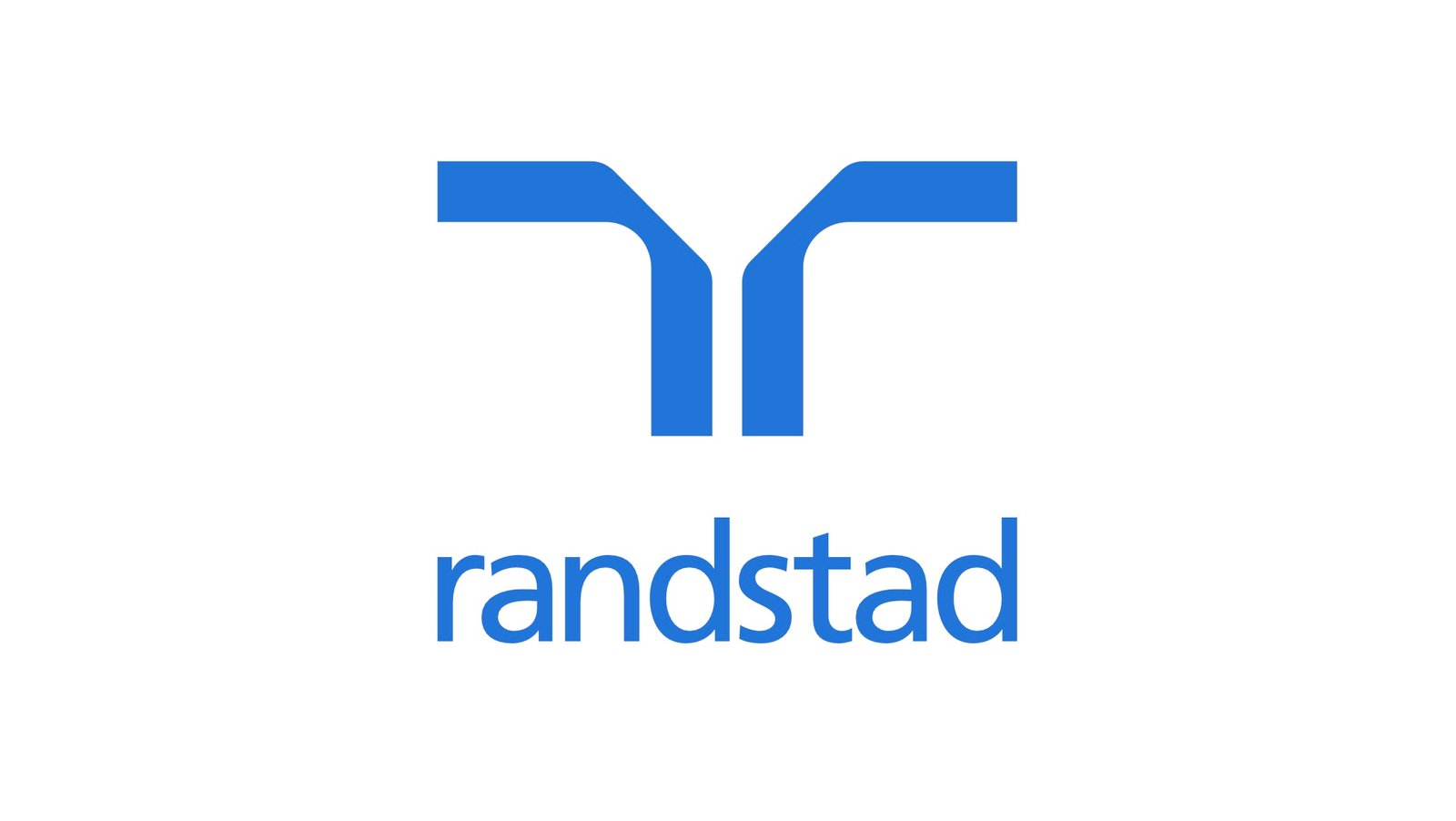Nieuwste vacatures
-

Horecamedewerker bij McDonald’s Enschede Centrum
- McDonald's
- Enschede
1 week geleden geplaatst
-

Monteur meet- en regeltechniek – NLwerkt – Enschede
- NLwerkt
- Enschede
31 minuten geleden geplaatst
-

Assemblage monteur – NLwerkt – Enschede
- NLwerkt
- Enschede
31 minuten geleden geplaatst
-

Assistant-accountant – GS accountants & adviseurs – Enschede
- GS accountants & adviseurs
- Enschede
31 minuten geleden geplaatst
-

Storingsmonteur 3 ploegen Enschede – Synsel Techniek – Enschede
- Synsel Techniek
- Enschede
31 minuten geleden geplaatst
-

Calculator / Werkvoorbereider Enschede – Booston – Enschede
- Booston
- Enschede
31 minuten geleden geplaatst
-

Pannenlegger – NLwerkt – Enschede
- NLwerkt
- Enschede
31 minuten geleden geplaatst
-

Quantitative Analyst – Pure Energie – Enschede
- Pure Energie
- Enschede
32 minuten geleden geplaatst
-

Accountmanager Support – Medireva – Enschede
- Medireva
- Enschede
32 minuten geleden geplaatst
-

Customer Care & Operations Specialist – Just Eat Takeaway.com – Enschede
- Just Eat Takeaway.com
- Enschede
33 minuten geleden geplaatst
Inschrijven nieuwsbrief
Op zoek naar een nieuwe baan?
Blader door honderden vacatures en vind jouw perfecte baan!
Nieuwsbrief
Schrijf je in voor onze nieuwsbrief en ontvang 1 x per week de nieuwste vacatures in je mailbox






